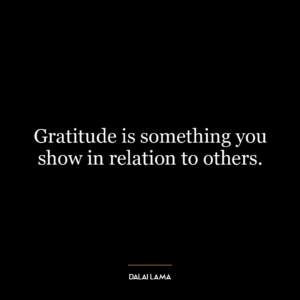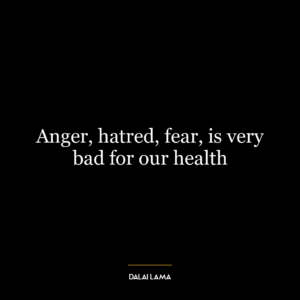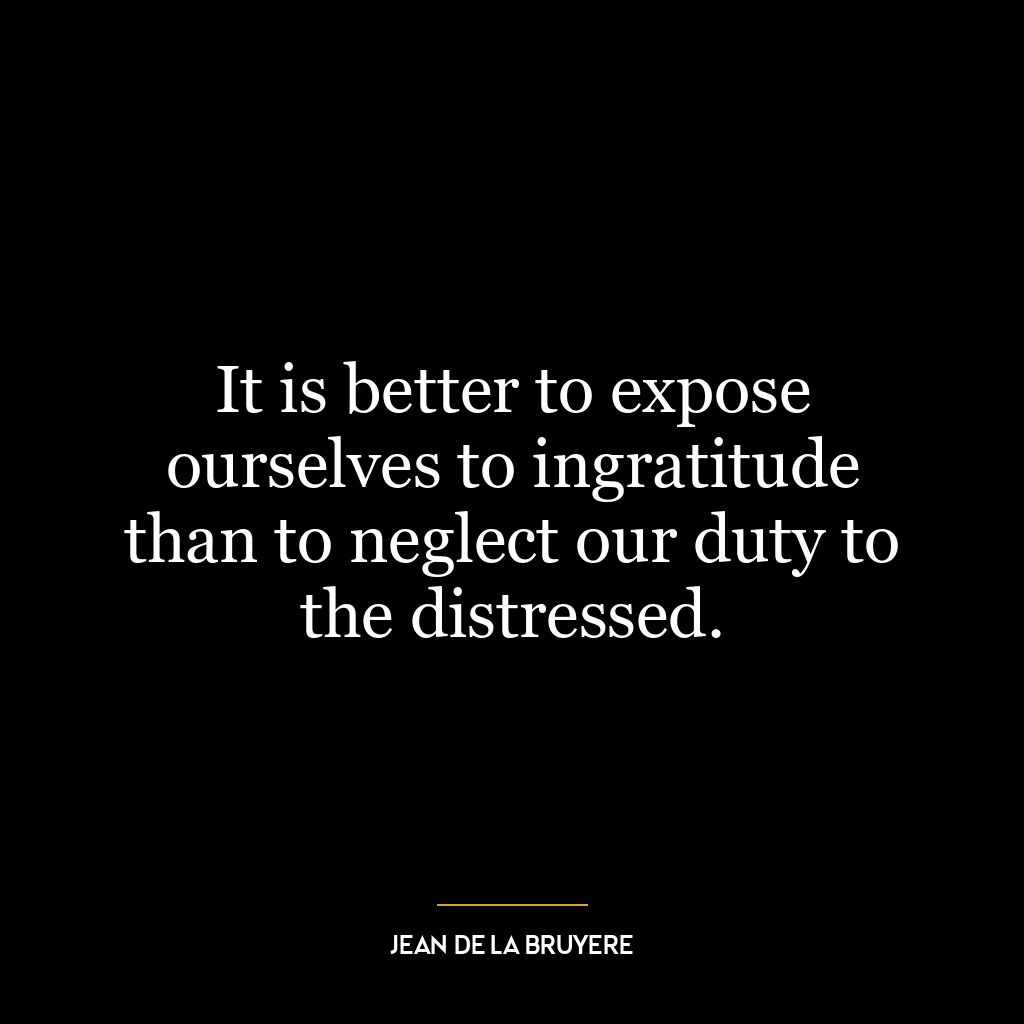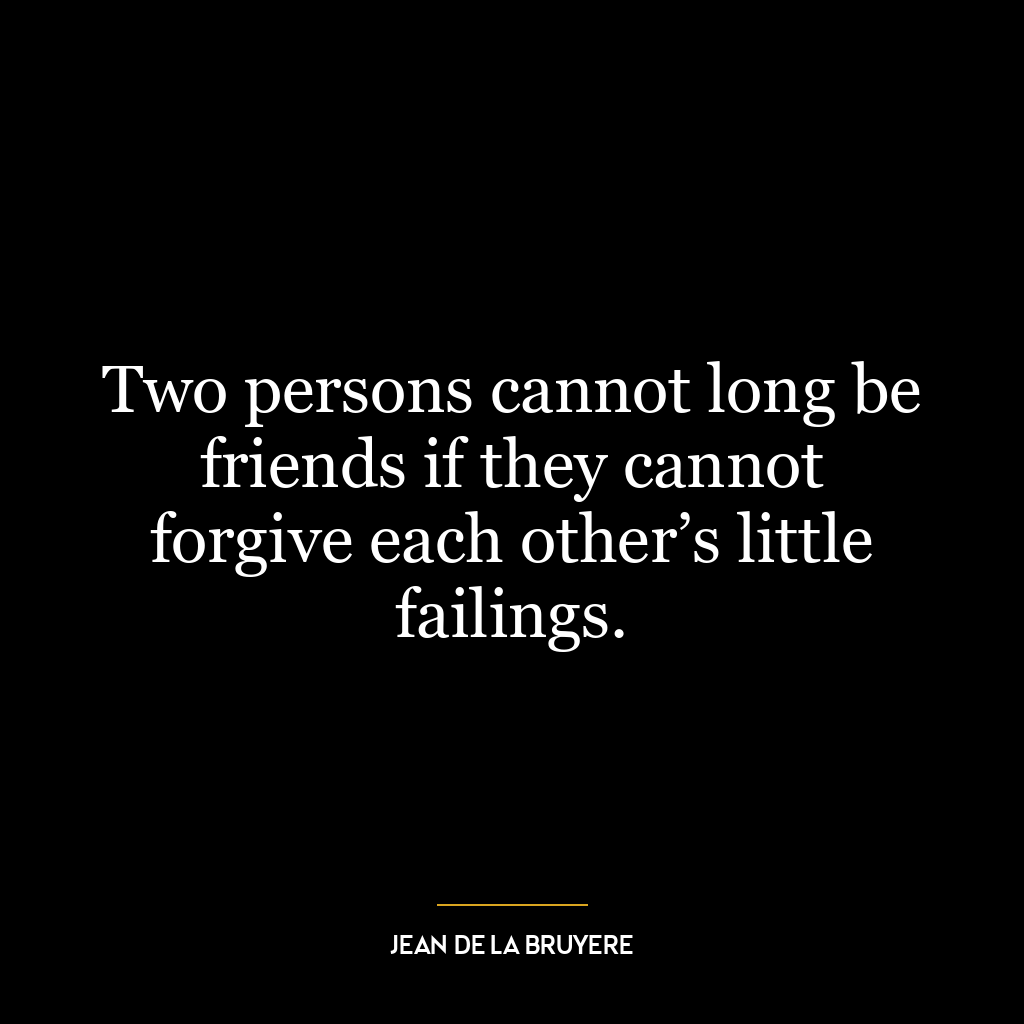To combat hatred directed toward a person, a Buddhist cultivates loving kindness toward that person.
This quote is a profound reflection of the Buddhist approach to dealing with negativity and hatred. It suggests that the way to counteract hatred is not with more hatred, but with its opposite – loving kindness. In the context of Buddhism, loving kindness, or ‘Metta’, is an unconditional, inclusive love, a love with wisdom. It has no conditions; it does not depend on whether one is worthy of love or not. It’s not about liking someone or agreeing with their actions, but about a deep, compassionate desire for their wellbeing and happiness.
The Dalai Lama is essentially advocating for a transformative approach where hatred is not reciprocated with animosity, but is instead met with compassion and love. This is a powerful tool for personal growth and development, as it encourages individuals to cultivate a more compassionate and understanding perspective towards others, even those who might harbor ill feelings towards them.
In today’s world, this idea has significant relevance. We live in times marked by division, where hatred and intolerance often seem to overshadow empathy and understanding. By practicing loving kindness, we can contribute to a more peaceful, tolerant, and understanding society. On a personal level, this practice can help us let go of resentment and anger, fostering inner peace and emotional resilience.
For example, instead of responding to a hostile comment online with more hostility, one could choose to respond with understanding, or choose not to respond at all, thereby not fueling the cycle of hatred. On a larger scale, this could be applied to societal or global conflicts – instead of responding to violence with more violence, we could strive to understand the root of the conflict and address it with compassion and empathy.
In terms of personal development, cultivating loving kindness can help individuals to become more patient, empathetic, and emotionally balanced. It can also lead to improved relationships, as individuals learn to respond to negativity with understanding and compassion, rather than anger or resentment. This can lead to a more fulfilling and peaceful life, marked by strong, healthy relationships and a deep sense of inner peace.











